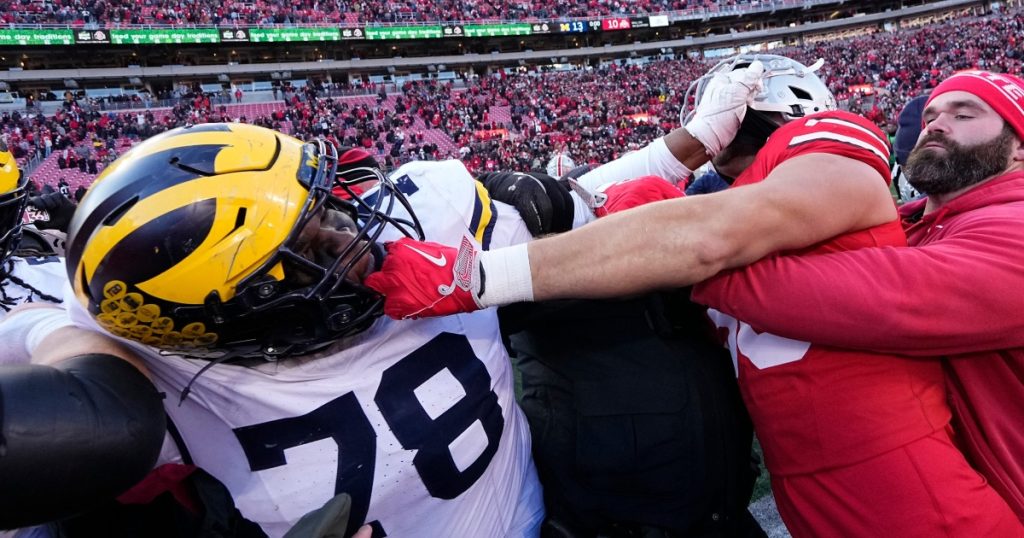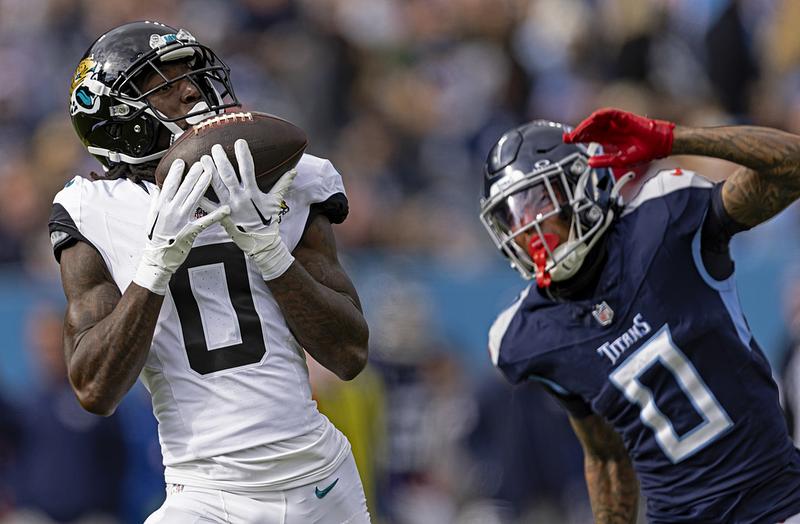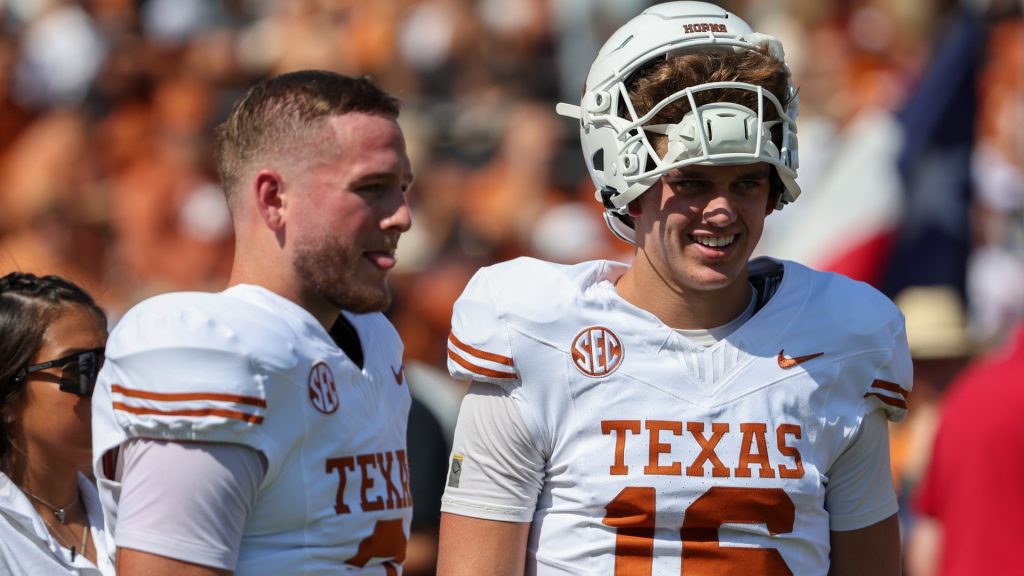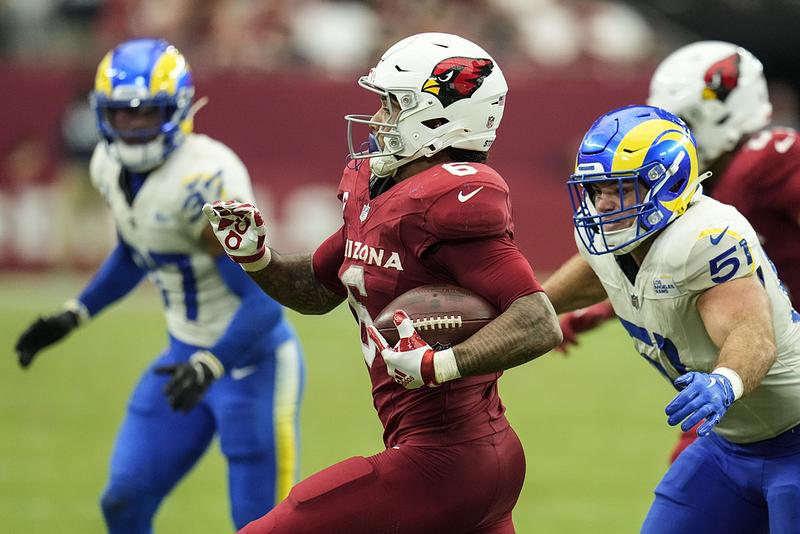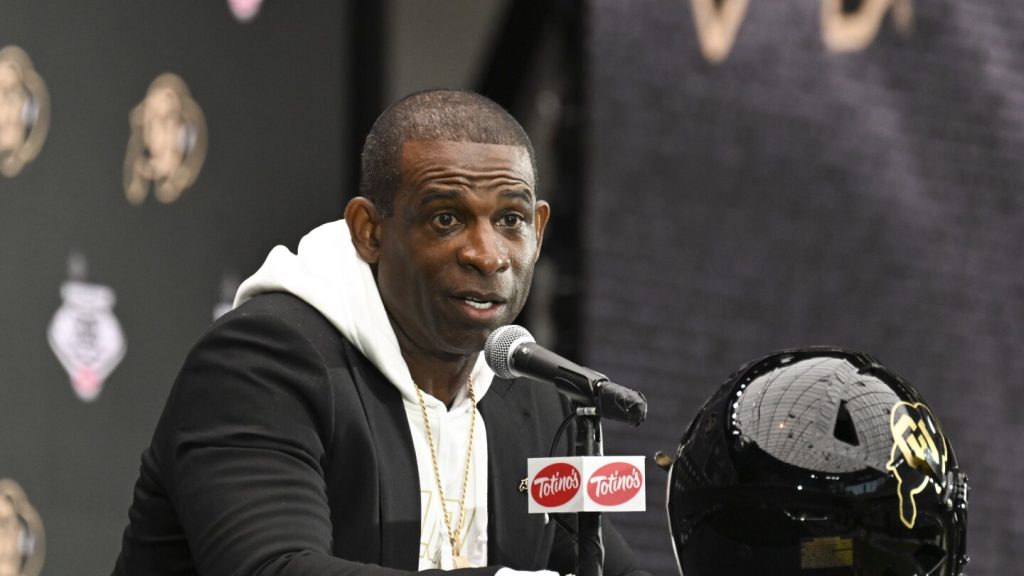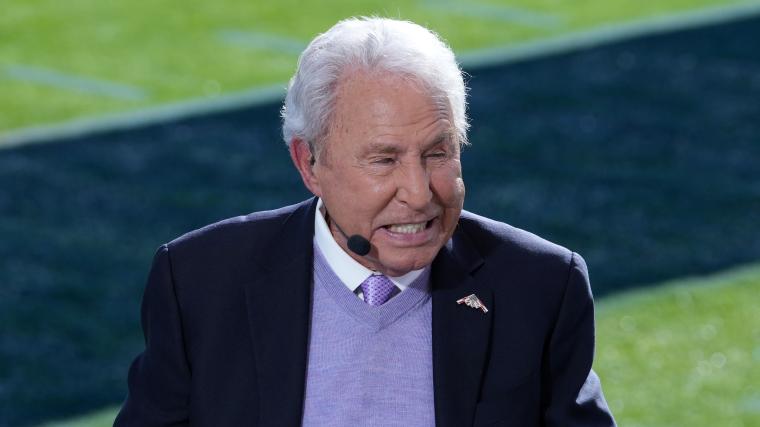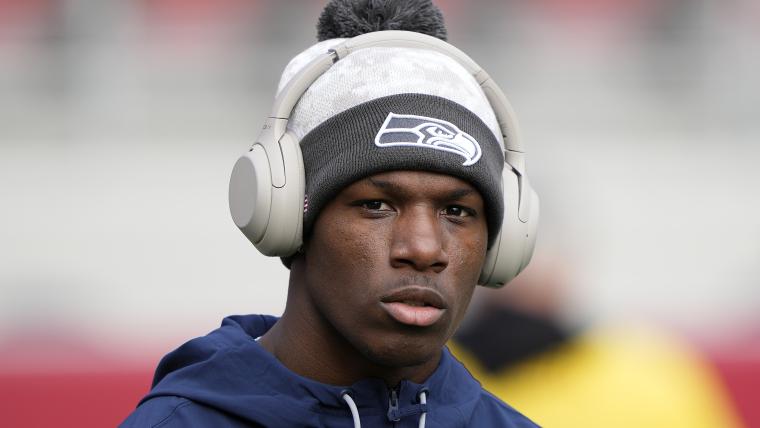The Ohio State–Michigan rivalry is one of the most intense and storied matchups in college football. With a history steeped in competition, it’s no wonder that emotions ran high during their recent clash. The game ended with Michigan celebrating their narrow 13-10 victory by planting their flag at midfield in Ohio Stadium, a move that ignited a brawl between players from both teams. This dramatic moment encapsulated the fierce rivalry, but it also raised questions about how such incidents should be handled in the future.
Big Ten’s Response to the Brawl
In the aftermath of the scuffle, the Big Ten Conference imposed a hefty fine of $100,000 on both Ohio State and Michigan. However, this decision has sparked controversy and discontent among fans and analysts alike. Many believe that merely fining the institutions will not deter future altercations. Among the critics is former Ohio State head coach Urban Meyer, who voiced his concerns during a recent segment on The Triple Option.
Meyer argued that financial penalties are ineffective and suggested a more direct approach to accountability. “Stop with that,” he stated emphatically. “It’s like saying, ‘Okay, let’s take off wins from 20 years ago.’ What do they call that? I used to die laughing when our AD would tell me some school who was cheating, yeah they [rescind] the wins or something like that. That’s gonna do a lot. You gotta punish it. $100,000 fine. Okay. I think, I don’t know.”
Why Fines Might Not Work
The crux of Meyer’s argument lies in the belief that financial repercussions do not address the root cause of the problem. Instead of punishing the schools with fines, he advocates for disciplinary measures aimed directly at the individuals involved in the incident. “Whoever grabbed the flag, that person is done for a game and the head coach is gonna be potentially suspended as well because he didn’t enforce it. That’s how I would handle it,” Meyer explained.
He further questioned the effectiveness of the fine, asking, “Where does that money go? I always crack up about that. It’s a $100,000 fine. Okay Big Ten Conference, tell me exactly where the $100,000 goes, and who cares. That’s not going to deter people from doing that.” His comments reflect a growing sentiment that the NCAA and conferences need to take a more proactive stance in preventing such incidents.
The Emotional Stakes of The Game
The Ohio State-Michigan rivalry is not just another game; it’s a clash of pride, tradition, and deep-seated animosities. The Wolverines’ victory marked their fourth consecutive win over the Buckeyes, a streak that has only intensified the rivalry. With Ohio State knocked out of the Big Ten Championship Game, the stakes were incredibly high, and emotions were bound to boil over.
“Every action is either taught or allowed,” Meyer said, emphasizing the need for accountability within the sport. “Right now, the NCAA says, ‘We’re allowing this.’ We’re gonna fine you $100,000. That is not a deterrent at all.” His words resonate with many fans who feel that the governing bodies of college football need to take a firmer stance against unsportsmanlike conduct.
Comparisons to Other Conferences
Interestingly, the Big Ten’s approach to fining schools for player misconduct mirrors the practices of the SEC, which also issues fines to schools for crowd-related incidents, such as storming the field. Despite these financial penalties, field storming continues unabated in the SEC, raising questions about the effectiveness of such measures. If fines haven’t curbed unsafe behaviors in other conferences, can we expect them to work in the Big Ten?
Looking Ahead: What Needs to Change?
As college football continues to evolve, so too must the strategies employed by conferences to maintain order and sportsmanship. Meyer’s suggestions for suspending players and coaches involved in altercations could serve as a model for future disciplinary actions. By holding individuals accountable, the NCAA and conferences can send a clear message that unsportsmanlike behavior will not be tolerated.
The passion surrounding college football is what makes it so special. However, with that passion comes the potential for conflict. It’s crucial for governing bodies to find a balance between maintaining the excitement of the game and ensuring the safety and integrity of all participants.
In the end, the Ohio State-Michigan game is a reminder of why college football is so beloved. The rivalries, the drama, and the sheer intensity of the competition are what draw fans in. But as we celebrate these thrilling moments, we must also recognize the importance of fostering a culture of respect and sportsmanship. After all, the future of college football depends on it.

